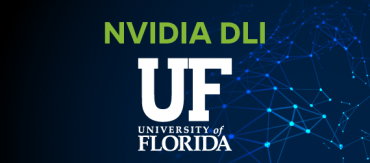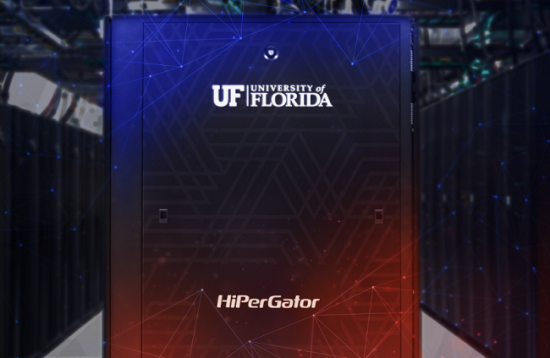The University of Florida’s ambassadorship status with NVIDIA means that faculty, students, and staff have free training opportunities in accelerated computing and applied AI. Through the NVIDIA Deep Learning Institute (DLI) and in coordination with UFIT, a two-day Generative AI with Diffusion Models workshop is being offered for the first time at UF on February 22-23.
Day/Date/Time: Thursday and Friday, Feb. 22–23, from 12:00 – 4:00 p.m. each day
Location: Malachowsky Hall Auditorium – Room 1000
Register to Attend: Registration Link
The Generative AI with Diffusion Models workshop is taught by UF’s NVIDIA AI Technology Center Site Manager and Senior Data Scientist Kaleb Smith. Participants will gain a deeper understanding of denoising diffusion models to generate images from text prompts. Proficiency in PyTorch and deep learning models is required to attend, with participants who complete the 8-hour course earning a certificate of completion.
Learning highlights in this workshop include:
- How to build a U-Net to generate images from pure noise
- Improving the quality of generated images with the Denoising Diffusion process
- Controlling the image output with context embeddings
- Generating images from English text-prompts using CLIP
NVIDIA DLI workshops are in-person only and not recorded for later/repeat viewing. Anyone with questions about this workshop is welcome to contact Research Computing Training Team Lead Matt Gitzendanner.











